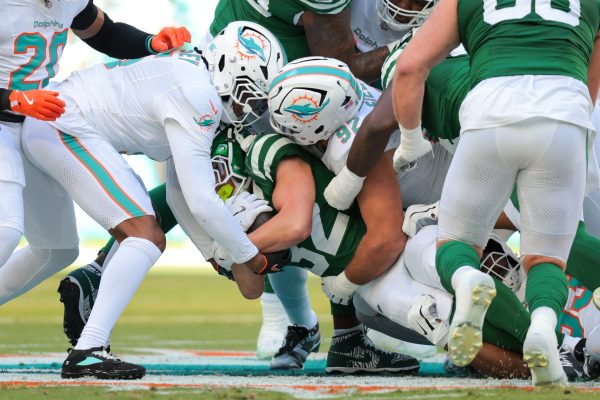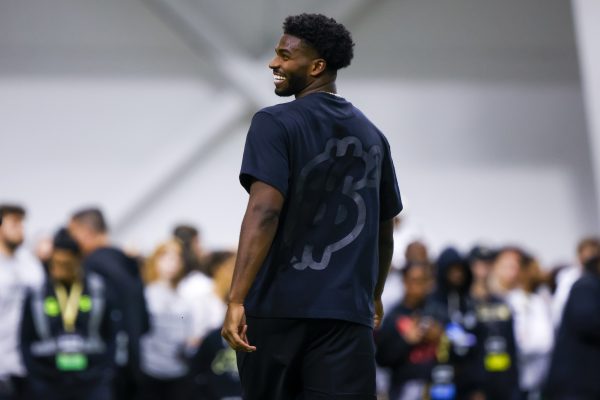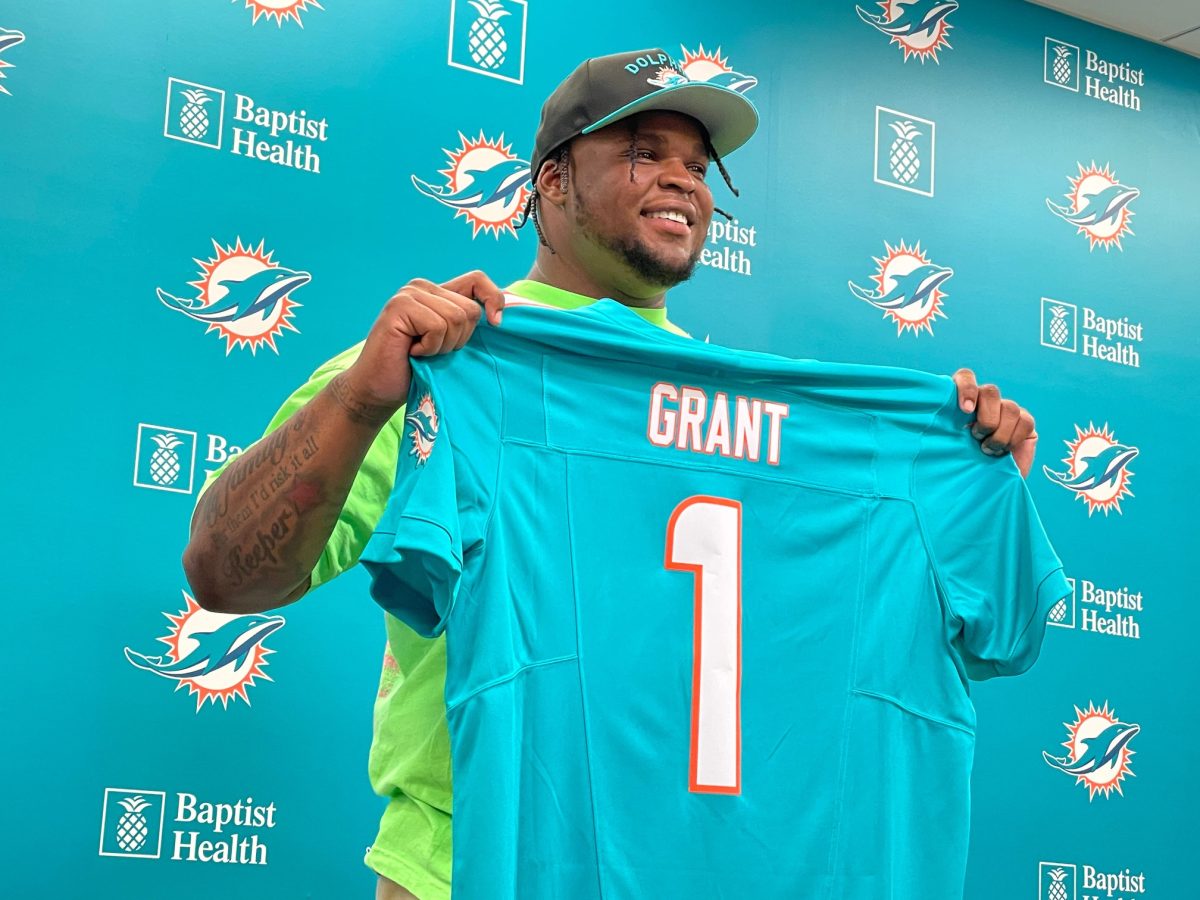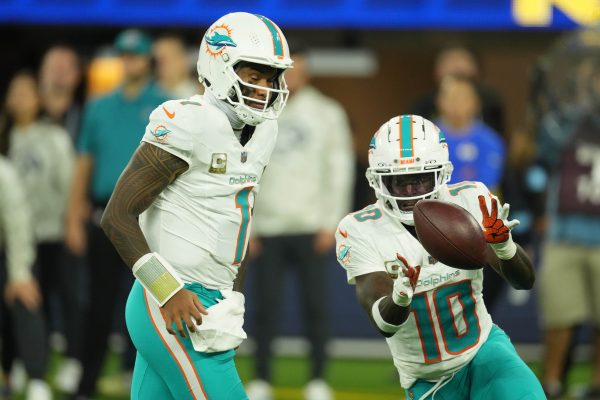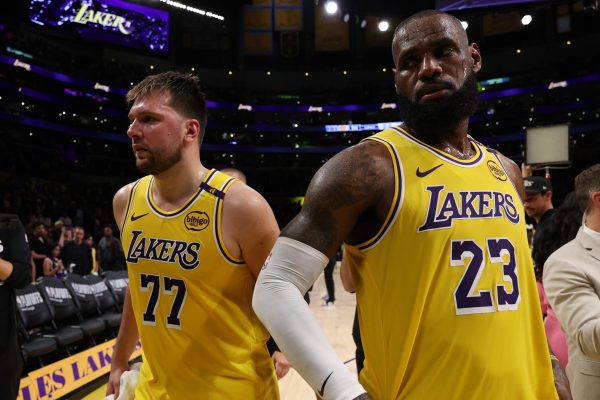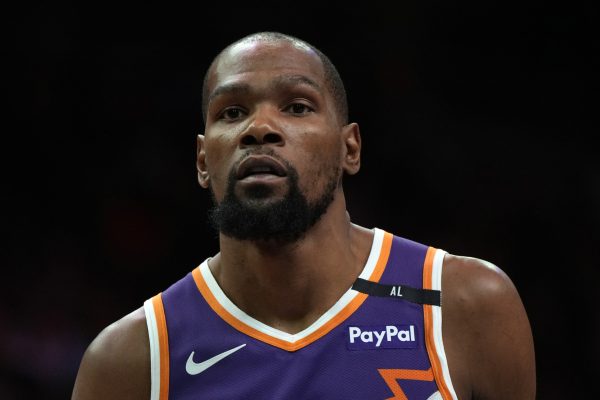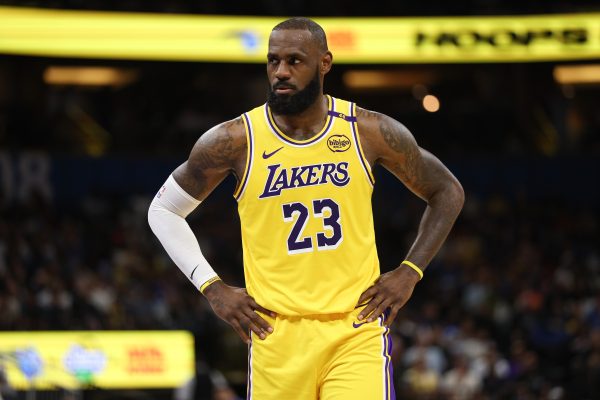The inability of Asian basketball coaches to advance within the NBA is a problem that Portland Trail Blazers assistant Jonathan Yim highlighted by recalling a disturbing interaction with an NBA general manager from a few years ago.
Alex Wong of The Undefeated looked at the controversial issue, with multiple coaches of Asian descent noting their own problems in moving up the NBA ladder. In Yim’s case, his cultural upbringing caused the anonymous general manager to get the wrong impression of him.
“Several years ago, Jonathan Yim, an assistant coach with the Trail Blazers, met a general manager of another NBA team in passing,” Wong wrote. “It was a brief conversation. But Yim said he later found out from a friend that the general manager thought he was soft.
“’It really affected me,’ Yim said. ‘I remember thinking I wasn’t being soft. I was brought up to be respectful to my elders. When he talked to me, I wasn’t going to cut him off. I thought, at the time, that was unfair, and some of it is because in Asian culture, we’re not raised to be loud.’”
Other issues that often crop up are stereotypes that perceive Asian-Americans as too passive to make it within the coaching ranks. The issue goes beyond the sport and remains prevalent, with the problem being dubbed as the “bamboo ceiling.”
At present, the only Asian-American NBA head coach is the Miami Heat’s Erik Spoelstra, whose mother is Filipino, but whose white father worked as an executive for four different NBA teams.
That family connection is a rarity among Asian coaches, but it’s something that likely helped Spoelstra get his foot in the door with the Heat a generation ago as a video coordinator.
Spoelstra slowly moved up the ladder and eventually became the Heat’s head coach in 2008, winning a pair of NBA titles and leading his team to the finals five times.
The greater awareness of racial issues following this year’s turmoil has yet to pay off when it comes to Asian coaches. Whether or not the mindset of NBA general managers changes in the years ahead or continues to rely on stereotypes remains unknown, but it’s clear that the issue isn’t going away.


